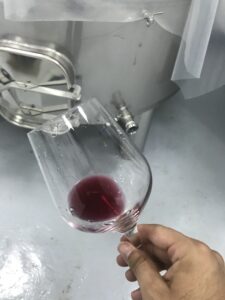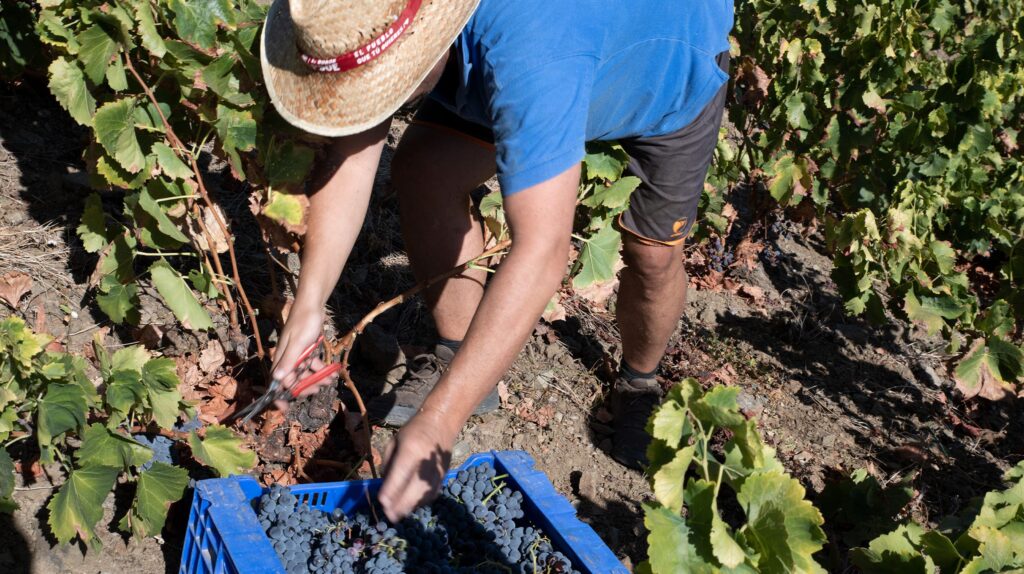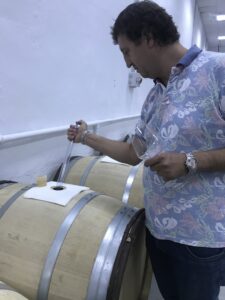
Back to the origin: Minimal intervention wines
Back to the origin: Minimal intervention wines
 We often refer to the expression ‘minimal cellar intervention’ minimal cellar intervention Bodega Fabio Coullet, as well as other winemakers who follow the same methodology when creating wines, but do you really know what minimal intervention wines are?
We often refer to the expression ‘minimal cellar intervention’ minimal cellar intervention Bodega Fabio Coullet, as well as other winemakers who follow the same methodology when creating wines, but do you really know what minimal intervention wines are?
Following the trend observed in the world of food, which is increasingly betting for more natural products prepared in the way they have always been prepared with, no or minimal processing, it is becoming evident that the world of wine is also choosing to embrace this trend more and more strongly, selecting production systems where no or minimal human, chemical and technological intervention is applied to the wine.
Although when we talk about minimal intervention wines in the cellar , it seems that we only refer to the oenological processes carried out ‘indoors’, but it would not make sense if we did not start with this philosophy in the field. In the case of Bodega Fabio Coullet, the cultivation of our vineyards is produced under the doctrine of organic agriculture. This guarantees that we do not use any agrochemicals, minimizing the number of tillages in the field and harvesting by hand or with the help of our beloved and indispensable mules.

To continue with the differences with ‘conventional’ wines, we can say that, unlike most of the wines we find in the market minimal intervention wines do not have commercial yeasts added to them , but the fermentation is produced by the native, indigenous or natural yeasts present in the vineyard where the grapes come from, which provides greater ‘typicity’ to the resulting wines
 In our case, in addition, after the manual selection of the grapes, which allows us to eliminate the most overripe fruit while maintaining the freshness of our wines, the bunches are whole with their stems and without destemming for the elaboration of the red wine thus achieving even greater freshness and liveliness in our wines.
In our case, in addition, after the manual selection of the grapes, which allows us to eliminate the most overripe fruit while maintaining the freshness of our wines, the bunches are whole with their stems and without destemming for the elaboration of the red wine thus achieving even greater freshness and liveliness in our wines.
Another practice we carry out during fermentation is to keep the wine in contact with its lees without batonnage, both in white and red wines, avoiding any type of manipulation of the wine during the fermentation process.
Finally, we do not add more additives than necessary, nor do we clarify or stabilize the wine in a way that is not natural,only carrying out, in white wines, a minimal filtration with paper to remove the coarser sediments that may have formed in the wine.
The result of all this ‘non-work’ on the wine gives it colors, aromas and flavors that are very different from conventional wines, since the wine, in addition to being more authentic as it represents the soul of the terroir and the variety with practically no interference, continues to evolve and develop in the bottle in a totally natural way.
